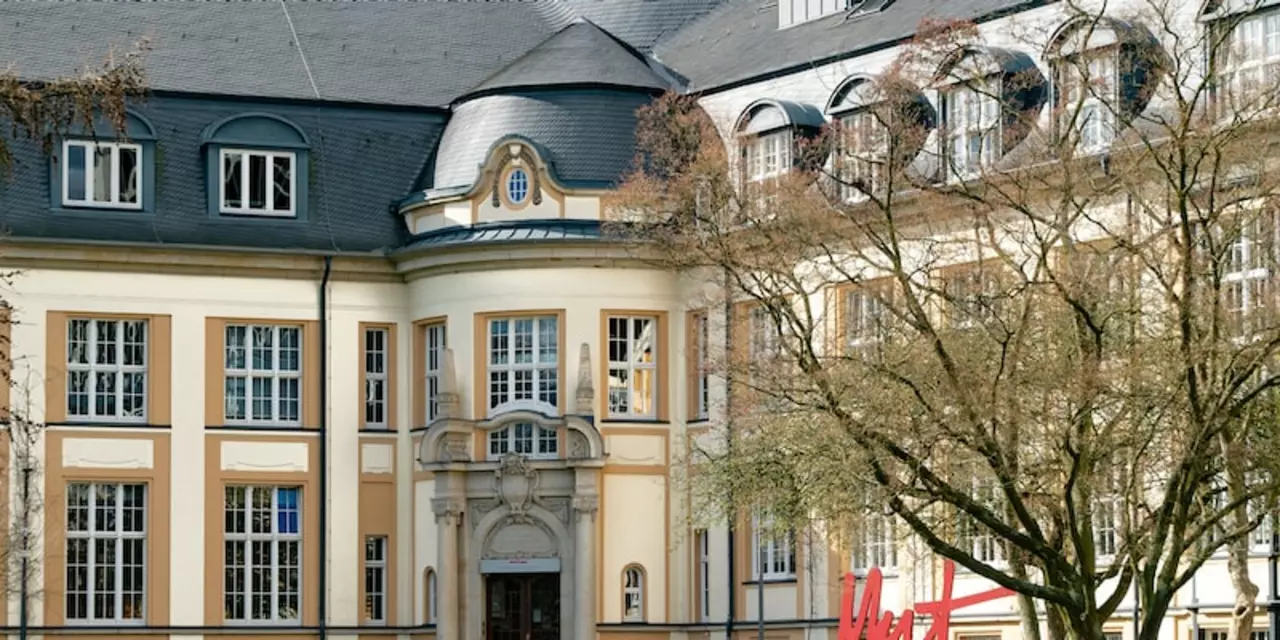Archive: 2023/02
America's private school system operates independently from the public school system. Private schools are funded through tuition fees and donations from individuals, businesses, and foundations, and are not funded by local, state, or federal taxes. Private schools are free to determine their own curriculum, admissions criteria, and standards. Private schools also have autonomy to decide which students to admit, and often offer smaller class sizes and more individualized instruction than public schools. Private schools generally tend to be more expensive than public schools, and may require additional fees for enrollment, extracurricular activities, and other services.
Feb, 27 2023
The education system needs to be reformed to better prepare students for the challenges of the 21st century. This article explores several possible changes, including personalized learning and competency-based education, which focus on the individual needs of each student. Additionally, more attention should be paid to mental and emotional health, as well as addressing the digital divide between students and preparing them for a technology-driven world. Collaborative learning, a focus on soft skills, and an increased emphasis on the arts and creativity are also suggested. Ultimately, education reform should aim to create a student-centered environment that allows students to reach their full potential.
Feb, 10 2023

